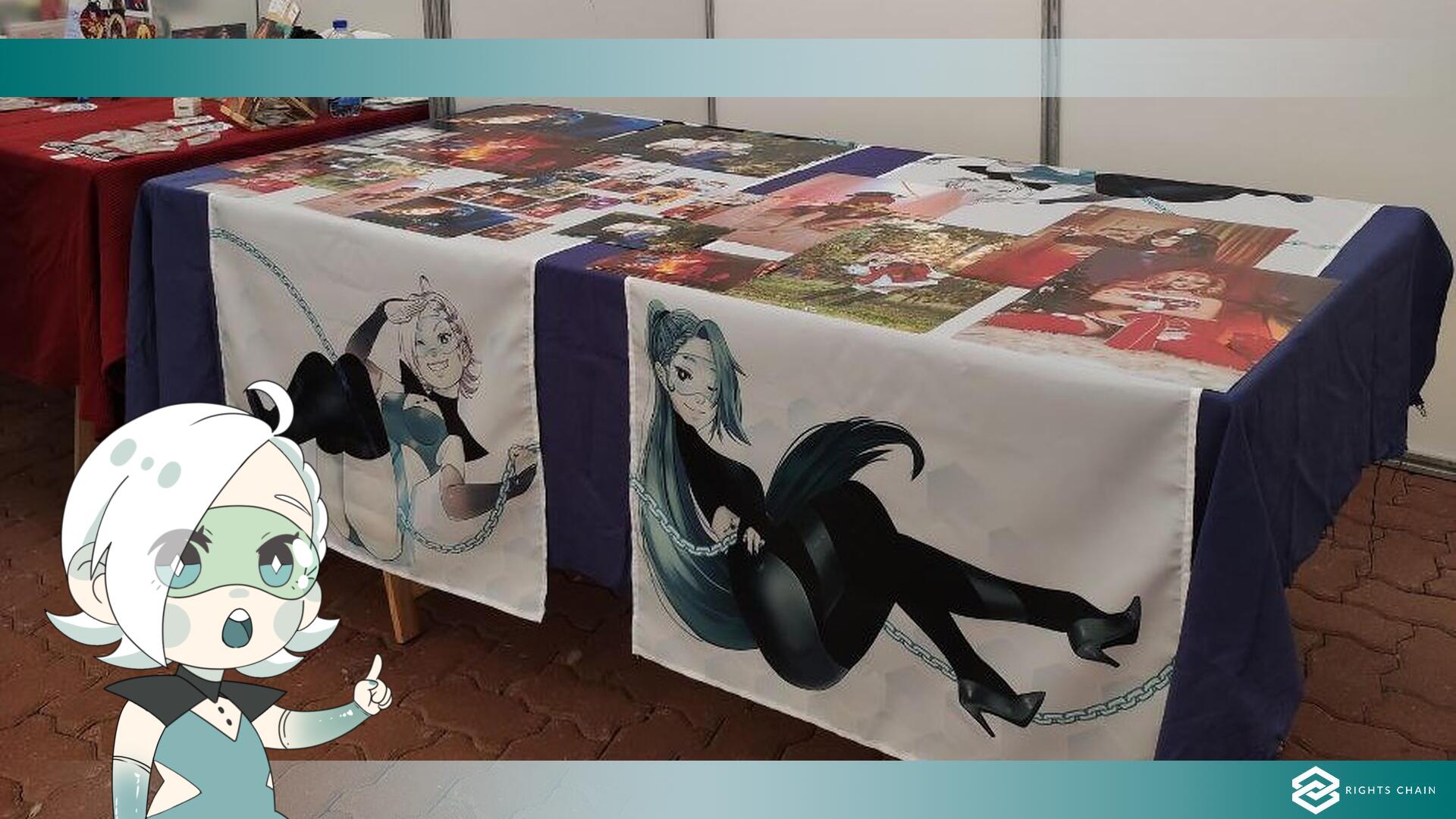When it comes to the quality of conventions, do Foreign Countries outperform Italy?

- 2023-09-03
- Yako
- Business
- Leonida Tortelli
If you have had a chance to read the latest articles published on the Rights Chain blog, you will already be aware of the opinion of most artists regarding the management of Italian comic book conventions. It's not surprising that veterans of this environment, as well as new attendees, have a less than positive view of the organization present within the sector. Those who have been hanging around the environment for years are now accustomed to the methodologies and shortcomings perpetrated by the organizers, while younger attendees are still amazed at the novelty of the situation they find themselves in - but it won't be long before they notice all that is wrong.
The reason at the source of the discontent mainly concerns one of the oldest complaints, in this case justified, in the world: ticket prices. 25 euros for a single-day ticket are not acceptable, especially when, only a few years ago, conventions cost a maximum of 15 euros per day. The fundamental problem, to be precise, does not lie within the mentioned cost, but in the poor quality offered by many conventions today - such a price is valid only when reasons are offered to justify the expense.
Nowadays, the vast majority of cosplay conventions offer the same selection of booths and vendors (often offering counterfeit products, but that's a discussion for another time), daily events that are always the same, repetitive guests, and a general lack of respect for those who actually bring a large amount of audience: the artists. Artist alleys have begun to spread only recently: the novelty has been well received by attendees, who are thrilled to finally be able to purchase personalized merchandise, although organizers seem annoyed by this development.
Italy always takes great pride in its artistic heritage, but when it comes to young artists looking for job outlets, educational experience and a minimum of income to get by, suddenly "art is not a real job." This idea is dangerously prevalent within everyday life; in creative environments such as conventions, the situation should be different. We have yet to realize how crucial well-organized artist alleys are; it happens all too often that there is no place for artists within the pavilions, that they are placed in godforsaken areas that do not promote business in the slightest, or that they are ignored and treated like children by the organizers - such behavior is not acceptable. If the same attitude is not used with other booth attendants, why should artists be treated this way?
When it comes to foreign events, however, the situation is radically different.
The culture of comic book fairs outside Italy is, rightly, completely different-each nation has its own customs and preferences, which does not make one methodology better than another, just generally different. In Japan, for example, the presence of artists is remarkably fundamental: during most events belonging to this sector, entire pavilions are dedicated solely and exclusively to artist alleys. In Europe we have not reached these levels yet, but in both Germany and France a great deal of attention is paid to the creative and artistic sector within conventions. Düsseldorf's DoKomi presents the largest artist alley in Europe, hosting more than 750 artists, while the Japan Expo in Paris is renowned for the wide selection of featured art booths.
The profession of the artist, at least when it comes to conventions, is recognized and respected as such - the creative minds within the artist alleys are not "stopgaps" to fill the pavilion where space remains, they are extremely valuable assets to the best outcome of the event. The organizers pay attention to the young artists present, making sure that everything is going well and that those in attendance are enjoying the event - the final experience often tends to be positive.
This, of course, does not mean that everything is all fun and games: problems will always arise within such situations, especially when one has to juggle with a large number of people, both from the point of view of the attendees and the organizers. Furthermore, please remember that our intent is not to propose the idea that foreign conventions are inherently better than italian events or other such thoughts: we only and exclusively want to point out the different attitudes when it comes to this subject.
